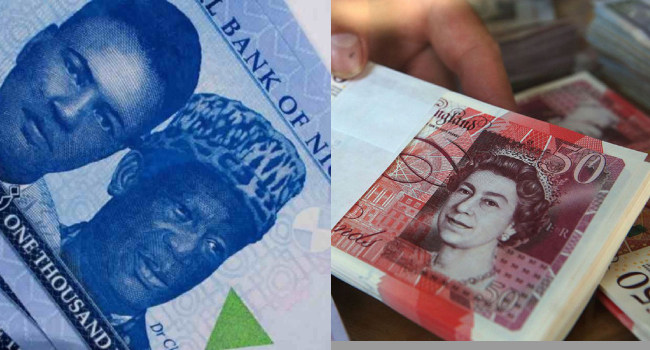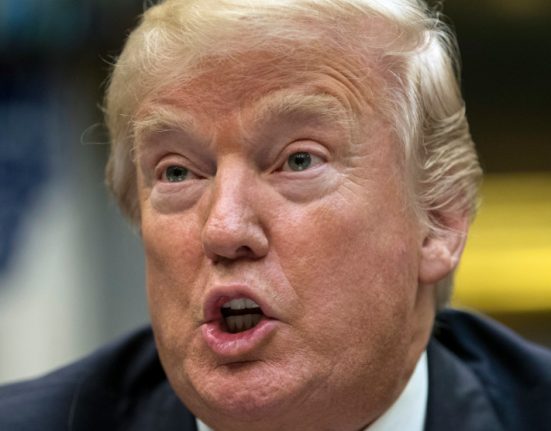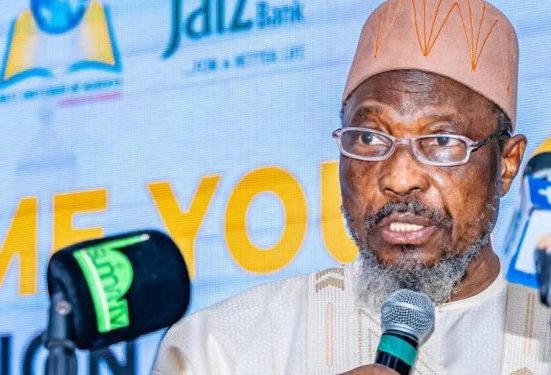The Nigerian Naira experienced mixed movements in the foreign exchange market this week, strengthening modestly against the British Pound while recording a slight depreciation against the United States Dollar. Market analysts attribute these fluctuations largely to the Central Bank of Nigeria’s (CBN) ongoing accommodative monetary policy, which continues to prioritize economic stability and liquidity support amid global uncertainties.
Data from the interbank foreign exchange market indicated that the Naira appreciated by approximately 0.7% against the Pound Sterling, benefiting from improved demand for the British currency and moderate inflows from trade and investment activities. This uptick offers some relief to Nigerian importers and businesses involved in trade with the United Kingdom, providing a more favourable exchange rate environment.
Conversely, the Naira weakened marginally by about 0.4% against the US Dollar, reflecting persistent dollar demand pressures driven by import payments, debt servicing obligations, and speculative activities in the market. The dollar remains the dominant foreign currency in Nigeria’s import-dependent economy, and any shift in its value has immediate ripple effects across various sectors, including manufacturing, oil and gas, and telecommunications.
The Central Bank’s dovish stance—characterized by a cautious approach to interest rate adjustments and foreign exchange interventions—aims to balance the competing priorities of controlling inflation, supporting economic recovery post-pandemic, and maintaining adequate foreign reserves. Recently, the CBN has signaled its intent to avoid aggressive tightening measures, citing external risks such as geopolitical tensions and volatile commodity prices that could disrupt domestic economic stability.
Financial experts suggest that while the Naira’s recent strengthening against the Pound is a positive development, sustained gains will require more consistent foreign currency inflows, improved export performance, and prudent fiscal policies. Meanwhile, the slight dip against the Dollar underscores ongoing challenges in the external sector, including rising global demand for hard currencies and Nigeria’s persistent current account deficits.
Investors and businesses are closely monitoring the CBN’s upcoming policy meetings and foreign exchange interventions, anticipating further guidance on the trajectory of monetary policy and exchange rate management in the months ahead. Meanwhile, the Naira’s performance reflects the delicate balancing act faced by policymakers striving to support growth while managing inflationary pressures and external vulnerabilities.






